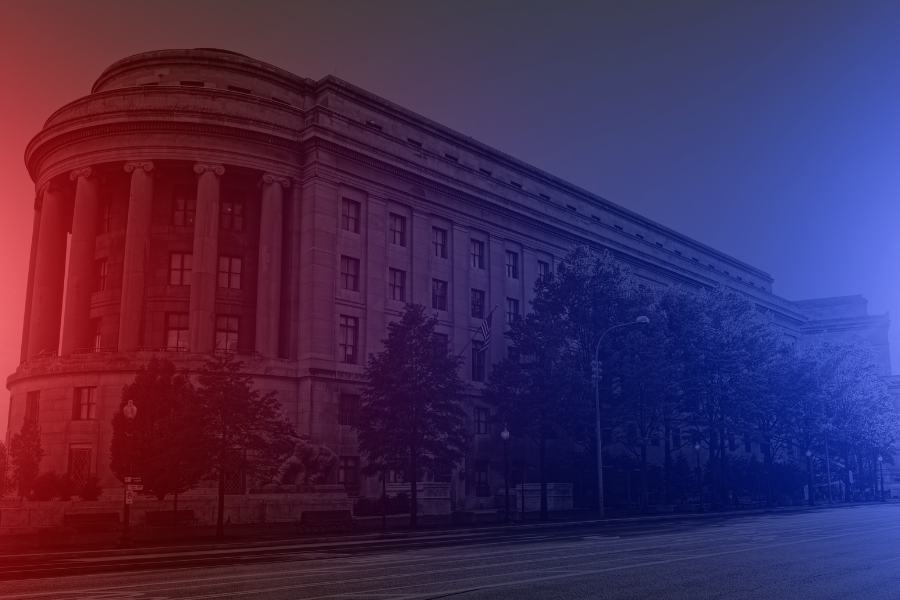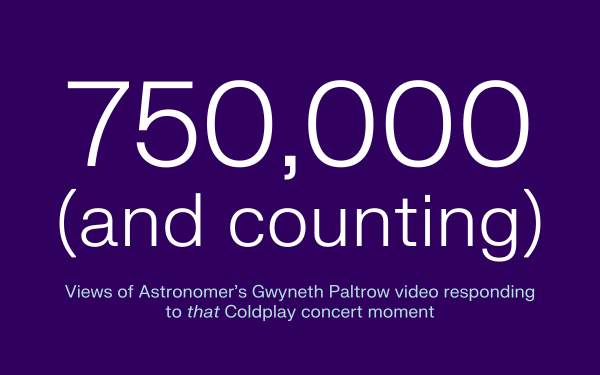Recent weeks have seen notable merger clearances and evolving enforcement signals from the FTC and DOJ, prompting questions about the direction of antitrust policy under the Trump administration. While some changes are evident, many core principles remain intact. Our North America Antitrust Digest colleagues have outlined the key developments:
Political context is driving clearance. The FTC’s recently approved Omnicom-IPG merger with an unusual behavioral remedy barring political publisher boycotts and the DOJ’s settling with HPE on its Juniper deal suggest a move away from ideological rigidity toward a case-by-case framework shaped by broader political, economic and cultural priorities.
The process is smoother – for some. The DOJ and FTC have continued to press their cases against big tech companies, including Amazon, Google, Meta and Apple – even as they have shown greater openness to negotiated remedies and early terminations for non-problematic mergers.
Standards and focus are evolving. Leadership is increasingly emphasizing a wider interpretation of the consumer welfare standard focusing on quality, innovation and choice, not just price. Meanwhile, both agencies remain active in non-merger cases, particularly in tech and pharmaceuticals, and are hosting workshops on industry-specific issues like drug pricing.
Strategic alignment is essential. Today’s deals must be aligned with administration priorities in addition to being legally defensible. Companies looking to win approval must align with a holistic view of governance where policy goals and antitrust enforcement are closely intertwined.
For more like this, subscribe to FGS Global’sNorth America Antitrust Digest.



